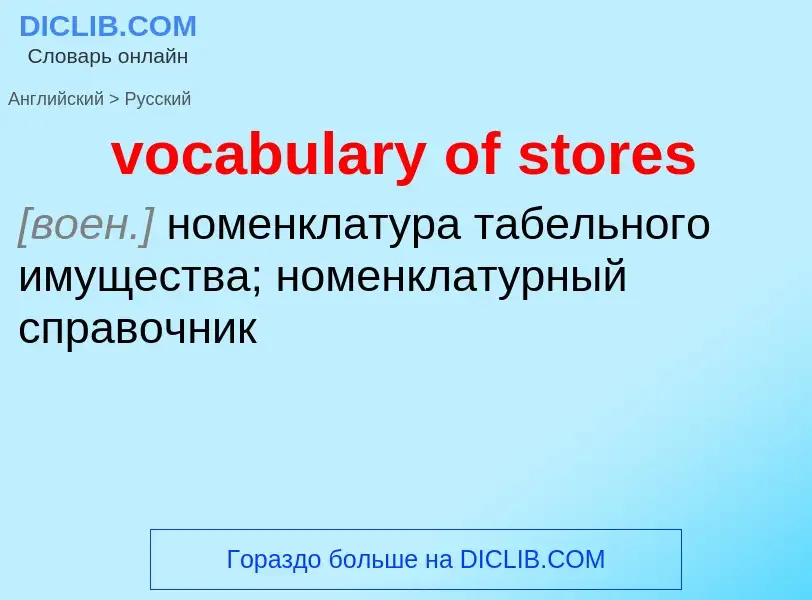Traducción y análisis de palabras por inteligencia artificial ChatGPT
En esta página puede obtener un análisis detallado de una palabra o frase, producido utilizando la mejor tecnología de inteligencia artificial hasta la fecha:
- cómo se usa la palabra
- frecuencia de uso
- se utiliza con más frecuencia en el habla oral o escrita
- opciones de traducción
- ejemplos de uso (varias frases con traducción)
- etimología
vocabulary of stores - traducción al ruso
[,ɪntə(:),næʃənl'stɔ:z]
общая лексика
"Интернэшнл сторз" (название однотипных фирменных продовольственных магазинов самообслуживания одноимённой компании)
Definición
.
Wikipedia
Many words that existed in Old English did not survive into Modern English. There are also many words in Modern English that bear little or no resemblance in meaning to their Old English etymons. Some linguists estimate that as much as 80 percent of the lexicon of Old English was lost by the end of the Middle English period, including many compound words, e.g. bōchūs ('bookhouse', 'library'), yet the components 'book' and 'house' were kept. Certain categories of words seem to have been more susceptible. Nearly all words relating to sexual intercourse and sexual organs as well as "impolite" words for bodily functions were ignored in favor of words borrowed from Latin or Ancient Greek. The Old English synonyms are now mostly either extinct or considered crude or vulgar, such as arse/ass.
Some words were forgotten while other near-synonyms in Old English replaced them ('limb' remains in common use, but lið remains only dialectally as lith). Many of these changes came with the introduction of Old Norse and Norman French words, while others fell away due to natural evolution.

